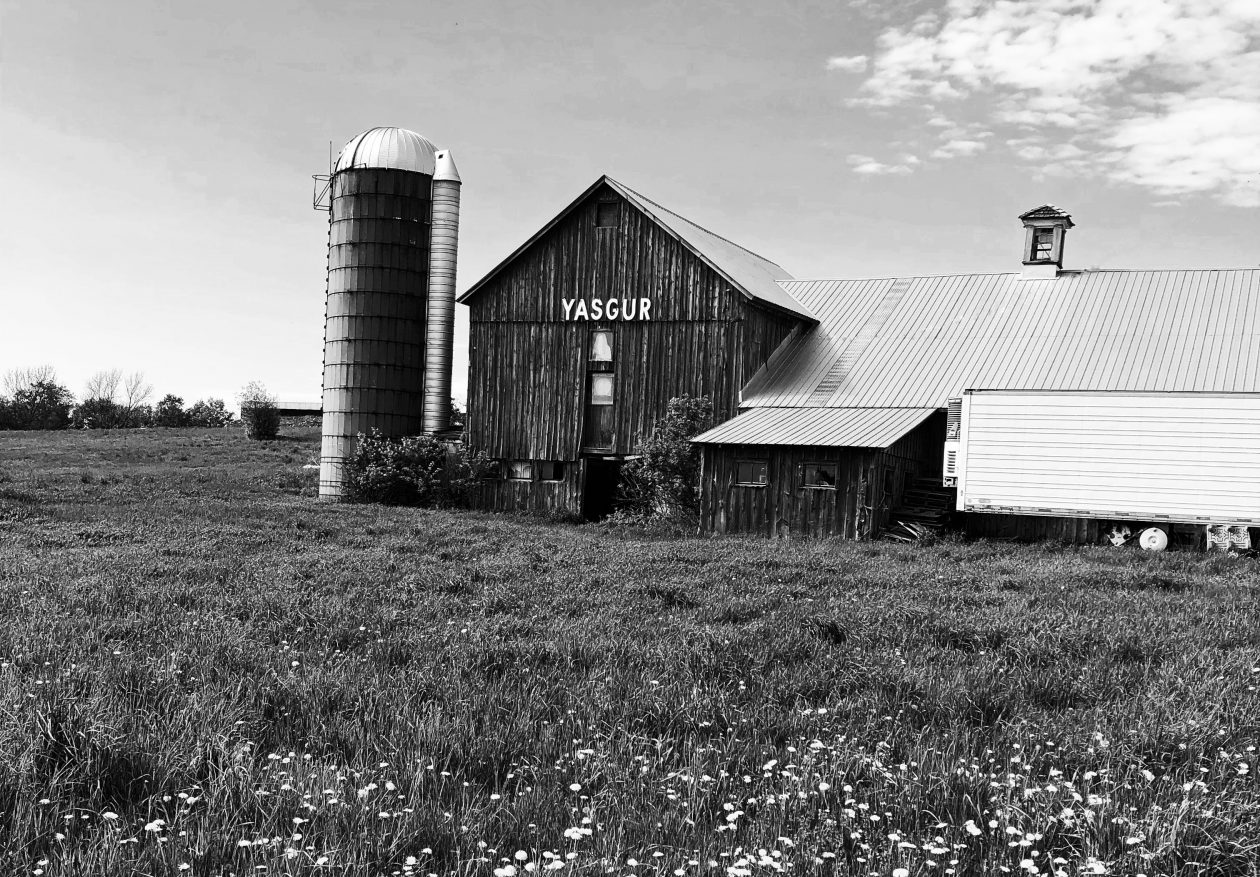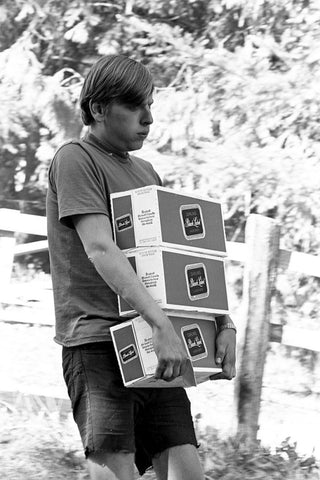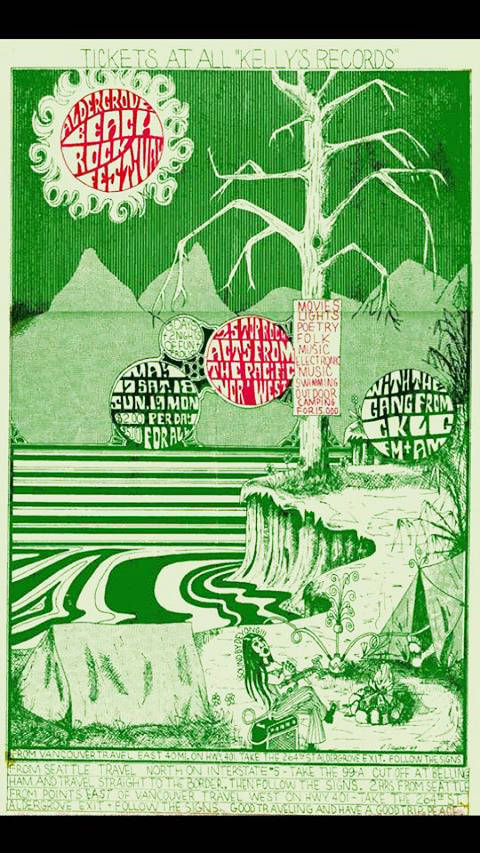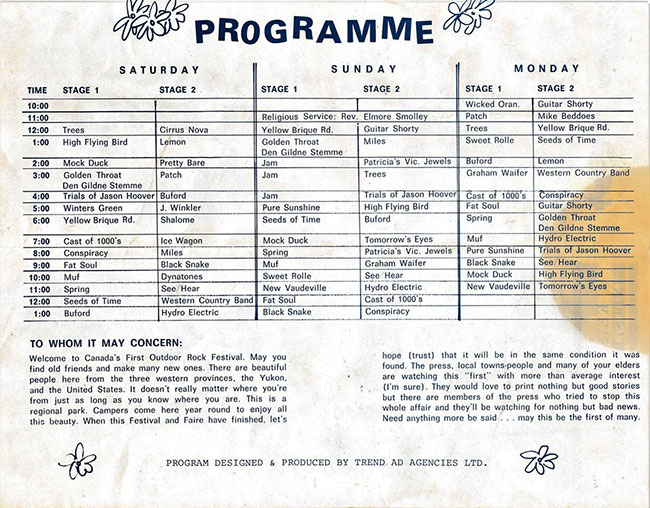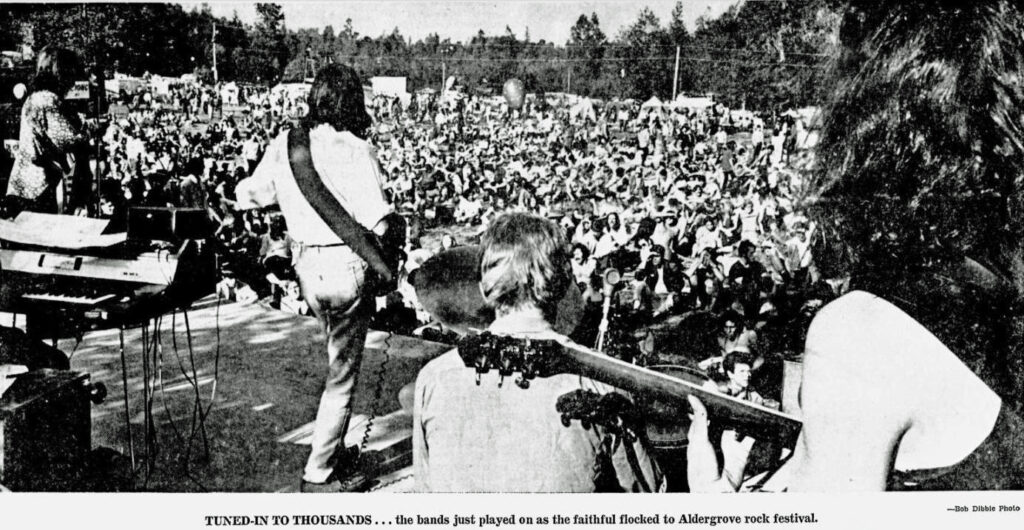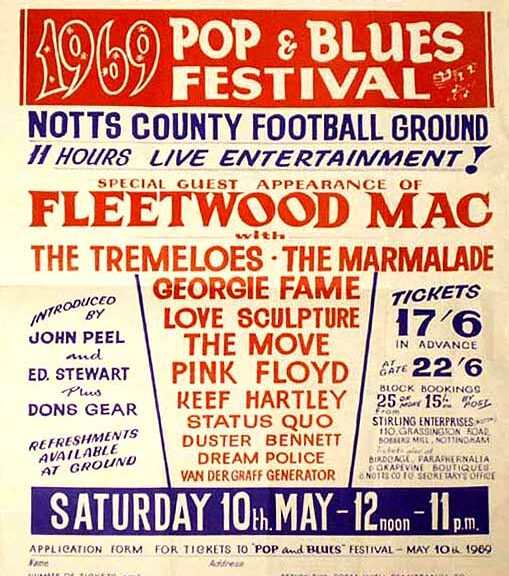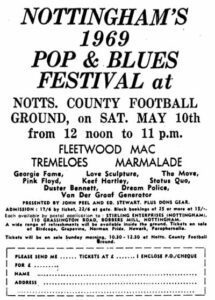June 2020 COVID 19
374,327 COVID Deaths Worldwide
June 1: 6,287,857 cases; 374,327 deaths worldwide
106,198 COVID Deaths USA
June 1: 1,837,578 cases; 106,198 deaths in the United States
June 2020 COVID 19
Malaria Drug Did Not Prevent Covid Infections
June 3: the NY Times reported that the malaria drug hydroxychloroquine did not prevent Covid-19 in a rigorous study of 821 people who had been exposed to patients infected with the virus, researchers from the University of Minnesota and Canada are reported.
The study was the first large controlled clinical trial of hydroxychloroquine, a drug that President Trump had repeatedly promoted and recently taken himself. Conducted in the United States and Canada, this trial was also the first to test whether the drug could prevent illness in people who have been exposed to the coronavirus.
This type of study, in which patients are picked at random to receive either an experimental treatment or a placebo, is considered the most reliable way to measure the safety and effectiveness of a drug. The participants were health care workers and people who had been exposed at home to ill spouses, partners or parents.
“The take-home message for the general public is that if you’re exposed to someone with Covid-19, hydroxychloroquine is not an effective post-exposure preventive therapy,” the lead author of the study, Dr. David R. Boulware, from the University of Minnesota, said in an interview.
June 2020 COVID 19
388,441 COVID Deaths Worldwide
June 4: cases, 6,597,734; 388,441 deaths worldwide
109,159 COVID Deaths USA
June 4: 1,902,768 cases; 109,159 deaths in the USA
June 4: the NY Times reported that the pandemic was ebbing in some of the countries that were hit hard early on, but the number of new cases was growing faster than ever worldwide, with more than 100,000 reported each day.
Twice as many countries had reported a rise in new cases over the past two weeks as have reported declines, according to a New York Times database. On May 30, more new cases were reported in a single day worldwide than ever before: 134,064. The increase had been driven by emerging hot spots in Latin America, Africa, Asia and the Middle East.
Over all, there have been more than 6.3 million reported cases worldwide and more than 380,000 known deaths. More than a quarter of all known deaths have been in the United States. But the geography of the pandemic is changing quickly.
June 2020 COVID 19
402,686 COVID Deaths Worldwide
June 7: 7,008,556 cases; 402,686 deaths worldwide
112,101 COVID Deaths USA
June 7: 1,988,700 cases; 112,101 deaths in the USA
June 2020 COVID 19
Virus Infections Surge, Countries End Lockdowns
June 11: the NY Times reported that though they were still struggling with rising coronavirus cases, India, Mexico, Russia, Iran and Pakistan had decided they must end lockdowns and restart their economies.
402,686 COVID Deaths Worldwide
June 11: 7,482,740 cases, 419,494 deaths worldwide
115,140 COVID Deaths USA
June 11: 2,066,611 cases; 115,140 deaths in the USA
June 2020 COVID 19
Coronavirus Cases Spike Across Sun Belt
June 14: the NY Times reported that epidemiologists, small-town mayors and county health officials had warned for weeks: Once states begin to reopen, a surge in coronavirus cases will follow.
That scenario was now playing out in states across the country, particularly in the Sun Belt and the West, as thousands of Americans had been sickened by the virus in new and alarming outbreaks.
Hospitals in Arizona had been urged to activate emergency plans to cope with a flood of coronavirus patients. On Sune 13, Florida saw its largest single-day count of cases since the pandemic began. Oregon had failed to contain the spread of the virus in many places, leading the governor on June 11 to pause what had been a gradual reopening.
And in Texas, cases were rising swiftly around the largest cities, including Houston, San Antonio and Dallas.
432,901 COVID Deaths Worldwide
June 14: 7,897,652 cases; 432,901 deaths worldwide
117,533 COVID Deaths USA
June 14: 2,142,515 cases; 117,533 deaths in the USA
June 2020 COVID 19
F.D.A. withdrew emergency approval for malaria drugs
June 15: the NY Times reported that the Food and Drug Administration said that it was revoking emergency authorization of two malaria drugs to treat Covid-19, saying that they are “unlikely to be effective.”
The drugs, hydroxychloroquine and a related drug, chloroquine, were heavily promoted by President Trump after a handful of small, poorly controlled studies showed that they could work in treating the disease.
June 2020 COVID 19
Inexpensive drug reduces virus deaths
June 16: the NY Times reported that scientists at the University of Oxford said that they had identified what they called the first drug proven to reduce coronavirus-related deaths, after a 6,000-patient trial of the drug in Britain showed that a low-cost steroid could reduce deaths significantly for hospitalized patients.
The steroid, dexamethasone, reduced deaths by a third in patients receiving ventilation, and by a fifth in patients receiving only oxygen treatment, the scientists said. They found no benefit from the drug in patients who did not need respiratory support.
June 2020 COVID 19
440,390 COVID Deaths Worldwide
June 16: 8,160,996 cases worldwide; 440,390 deaths worldwide
118,452 COVID Deaths USA
June 16: 2,187,671 cases; 118,452 deaths in the USA
June 2020 COVID 19
With the Federal Health Megaphone Silent, States Struggle With a Shifting Pandemic
June 18: the NY Times reported that the federal government’s leadership in the coronavirus crisis had so faded that state and local health officials have been left to figure out on their own how to handle rising infections and to navigate conflicting signals from the White House.
About 800 Americans a day were still dying of Covid-19, a pace that, if sustained over the next few months, would yield more than 200,000 dead by the end of September. Arizona, Florida, Nevada, Oregon and Texas all reported their largest one-day increases in new cases on June 16
On June 17, Oklahoma had recorded 259 new cases, a single-day record for the second day in a row, and just three days before President Trump was scheduled to hold an indoor campaign rally in Tulsa in defiance of his own administration’s guidelines for “phased reopening.”
Yet despite Mr. Trump’s assurances during a Sean Hannity interview on June 17 that the virus was “fading away,” the Trump campaign is requiring rally-goers to sign a statement waiving their right to sue the campaign if they get sick.
June 2020 COVID 19
July aftermath
July 8: the NYT reported that Dr. Bruce Dart, the director of the Tulsa Health Department, said Tulsa County had reported nearly 500 new cases of Covid-19 in the past two days and that it was more than likely linked to Trump Rally
‘A new and dangerous phase’
June 19: the NY Times reported that the World Health Organization issued a dire warning that the coronavirus pandemic was accelerating, and noted that June 18 was a record for new daily cases — more than 150,000 globally.
“The world is in a new and dangerous phase,” said Dr. Tedros Adhanom Ghebreyesus, the director general of the W.H.O. “Many people are understandably fed up with being at home. Countries are understandably eager to open up their societies and their economies. But the virus is still spreading fast. It is still deadly and most people are still susceptible.”
If the outbreak was defined early on by a series of shifting epicenters — including Wuhan, China; Iran; northern Italy; Spain; and New York — it was now defined by its wide and expanding scope. According to a New York Times database, 81 nations had seen a growth in new cases over the past two weeks, while only 36 had seen declines.
Masks optional/Masks required
June 19: after the chief executive of AMC Entertainment Holdings, Adam Aron, had said on June 18 that moviegoers would not be required to wear masks at the company’s theaters when they reopen next month, AMC reversed its policy and said it will require moviegoers to wear masks at its theaters across the country, starting July 15. [Hollywood Reporter article]
June 2020 COVID 19
440,390 COVID Deaths Worldwide
June 19: 8,680,028 cases worldwide; 458,852 deaths worldwide:
118,452 COVID Deaths USA
June 19: 2,278,872 cases; 121,023 deaths in the USA.
June 2020 COVID 19
Desperate for Oxygen
June 24: the NY Times reported that as the coronavirus pandemic hit more impoverished countries with fragile health care systems, global health authorities scrambled for supplies of a simple treatment that saves lives: oxygen.
Many patients severely ill with Covid-19 require help with breathing at some point. But the epidemic was spreading rapidly in South Asia, Latin America and parts of Africa, regions of the world where many hospitals were poorly equipped and lacked the ventilators, tanks and other equipment necessary to save patients whose lungs were failing.
480,406 COVID Deaths Worldwide
June 24:9,382,647 cases worldwide; 480,406 deaths worldwide
123,476 COVID Deaths USA
June 24: 2,424,493 cases; 123,476 deaths in the USA.
U.S. sets new high point in daily cases
June 24: the NY Times reported that more than two months after the United States recorded its worst day of new infections since the start of the coronavirus pandemic, the nation reached another grim milestone as it reported 36,880 new cases.
The number of infections indicated that the country was not only failing to contain the coronavirus, but also that the caseload was worsening — a path at odds with many other nations that have seen steady declines after an earlier peak. Cases in the United States had been on a downward trajectory after the previous high of 36,739 cases on April 24, but they had roared back in recent weeks.
June 2020 COVID 19
Younger People Account for ‘Disturbing’ Number of Cases
June 25: the NY Times reported that younger people were making up a growing percentage of new coronavirus cases in cities and states where the virus was surging.
In Arizona, where drive-up sites were overwhelmed by people seeking coronavirus tests, people ages 20 to 44 accounted for nearly half of all cases. In Florida, which was breaking records for new cases nearly every day, the median age of residents testing positive for the virus dropped to 35, down from 65 in March.
In Texas, where the governor paused the reopening process as hospitals grow increasingly crowded, young people now account for the majority of new cases in several urban centers. In Cameron County, which includes Brownsville and the tourist town of South Padre Island, people under 40 made up more than half of newly reported cases.
“What is clear is that the proportion of people who are younger appears to have dramatically changed,” said Joseph McCormick, a professor of epidemiology at UTHealth School of Public Health in Brownsville. “It’s really quite disturbing.”
June 2020 COVID 19
The Month Ends on a Low Note
June 29: according to data released on Friday by the Centers for Disease Control and Prevention, the number of coronavirus infections in many parts of the United States was more than 10 times higher than the reported rate,
The analysis was part of a wide-ranging set of surveys started by the C.D.C. to estimate how widely the virus had spread. Similar studies, sponsored by universities, national governments and the World Health Organization, were continuing all over the world.
The C.D.C. study found, for instance, that in South Florida, just under 2 percent of the population had been exposed to the virus as of April 10, but the proportion was likely to be higher now given the surge of infections in the state. The prevalence was highest in New York City at nearly 7 percent as of April 1.
“This study underscores that there are probably a lot of people infected without knowing it, likely because they have mild or asymptomatic infection,” said Dr. Fiona Havers, who led the C.D.C. study. “But those people could still spread it to others.”
480,406 COVID Deaths Worldwide
June 30: 10,439,188 cases worldwide; 508,983 deaths worldwide
128,819 COVID Deaths USA
June 30: 2,683,301 cases; 128,819 deaths in the USA.
June 2020 COVID 19
Previous and subsequent COVID-19 posts:
-
- COVID 19 Pandemic Begins
- February 2020 COVID 19
- March 2020 COVID 19
- April 2020 COVID 19
- May 2020 COVID 19
- Trump/COVID 19 Begin
- Trump COVID 19 Continue
- April 2020 Trump COVID
- July 2020 COVID 19
- August 2020 COVID 19
- September 2020 COVID 19
- October 2020 COVID 19
- November 2020 COVID 19
- December 2020 COVID 19
- Winter 2021 COVID 19
- Spring 2021 COVID 19
- Summer 2021 COVID 19
- Fall Winter 2021 COVID
